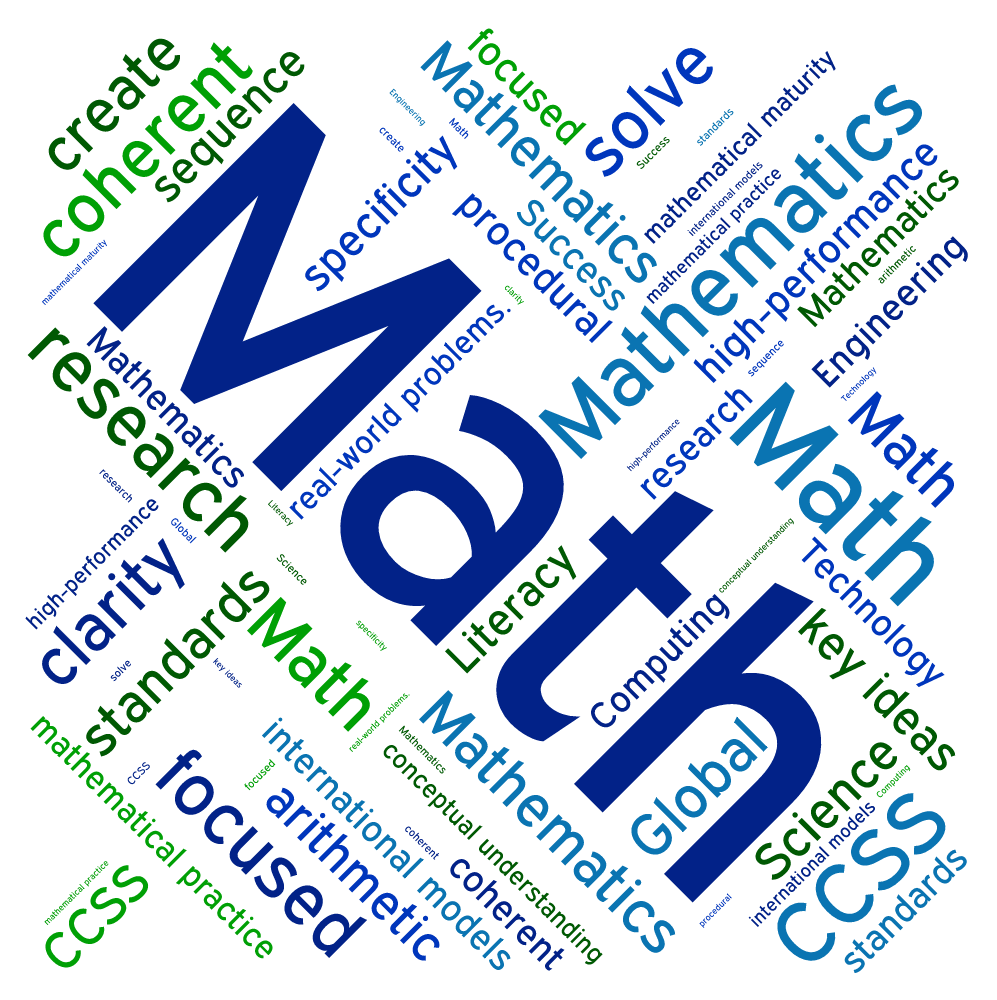By Lisa de Bruyn
Maths. Cue the collective sign. A modern day shared frustration of many students. In many ways, maths has been a brutal measure of intelligence. A conservative approach where logic is only found in numbers. Everyday happenings such as counting money or telling the time may seem innate by now. But what if it wasn’t. For many this is not the case. Numerous individuals cannot comprehend basic phenomena which underpin today’s way of living. Why is 2 x 3 the same as 3 + 3? Maths is a universal language. Unchanging, and provides a baseline for a united starting line. However why is it that this subject seems to drag the drive out of so many students, or on the contrary, gives new exhilarating thrills to some? It seems that children are bombarded with the false stereotype that math is only for “geniuses” or “smart” people. How can this be true? Thomas Edison, the inventor of the light bulb was claimed to be dumb and terrible at maths. True intelligence is to not empower the crushing weight of the mathematical mind block, or the panic filled frenzy paralysing all thoughts. Where 2 x 3 is not 6 anymore, but some other far fetched number. Mme Babulaud, new this year to the Mathematics Department says it gracefully:
“Mathematics is a way of thinking. Without Mathematics, you cannot be very functional in modern societies. Mathematics uses abstract knowledge, such as TOK, to solve problems and requires common sense, such as reading time or understanding that temperatures could be negative.
Mathematics is beautiful, develops the mind, underpins the study of other subjects and is a necessary component of many jobs. It is necessary to be a successful citizen; it is historically of great significance and finally, it is unique amongst human intellectual development. Perhaps any one of these points would be sufficient reason alone for the compulsory study of mathematics. Collectively, they make it clear that compulsory mathematics education is vital for our progress and development.”
However much it strains our motivation, or exercises our procrastination muscle, we need maths. Maybe not at ib HL, but enough to grasp the basic fundamentals and respect for its necessity. Not everyone is called to be the famous Pythagoras, yet all of us can be Thomas Edison. Taking our greatest weakness and bearing fruit. All contributions to human development are important, weather from a strong mathematical background or not. This generation’s pivot could be to cremate the long standing shackles deeming maths impossible. Because it’s not. One student, each influence at a time, the day will come.



